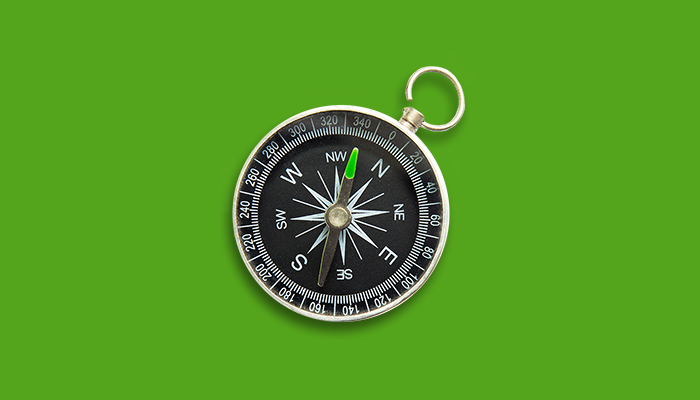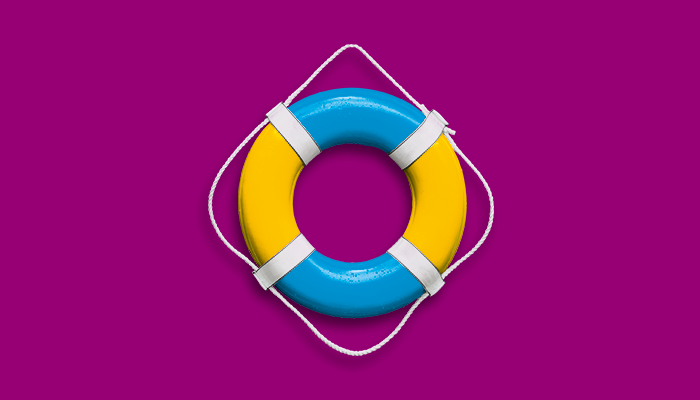Are you ready to invest?

There are some questions worth asking before you start investing. For example, where do you want to be in a few years? And how much risk can you take on with your cash?
What you will learn
- How to get started with investing
- What questions you need to ask
- How to get help from the experts
Think you’re ready to kick off your investment journey? Here are four tips that will help you get off to a good start.
Start with a clean slate
If you’re a first-time investor, make sure your money’s in good shape. Look at your existing debts and focus on paying off any high-interest credit card bills or loans.
It can take time to turn your investments into cash. Make sure you put some rainy-day savings aside – enough to cover living costs for a few months.
Then it’s time to think about why you want to invest. What big moments are you saving up for? And, now you have spare cash, how long can you afford to invest it for?
Saving for a house deposit is getting trickier. In England and Wales, a full-time employee could expect to pay about 7.8 times their annual wage on their home in 2017 – an increase of 2.4% on 2016.
Have a plan
Being clear on your goals helps you decide what you want from your investments – income, or growth? (What’s the difference between income and growth? You can find out here).
These questions can give you the right answer:
- Are you looking for a regular income from your investments?
- Would you prefer to leave your investment to grow over time?
- Do you know which investment types can give you an income, growth, or a mix of both?
Decide how much risk you’re OK with
Every investment comes with some risk. As a rule of thumb, riskier investments promise better returns, but also a higher chance that your investments might lose value
Finding the right level of risk for you means asking yourself:
- How comfortable am I with risk?
- How much can I afford to lose?
- How long would it take me to recover from a loss?
- How long can I put my money away for?
- Could I still achieve my investment goals even if I’m being more cautious?
Don’t be too shy to ask for help
You can manage your investments yourself, but you don’t have to. You can also ask an expert for advice. Find out about the pros and cons of each approach here.
Answering these questions can give you a better idea of what’s right for you:
- How much do you know about investing?
- How much time do you have to learn, and to manage your investments?
- Would you find it stressful to make investment decisions in a fast-paced marketplace?
- Is the amount you’re planning to invest enough to justify the fees an adviser would charge?
As for costs, it depends. But to give you a general idea, the average hourly rate for financial advice in the UK is about £150. You may also be charged a fee for a set piece of work, or a regular fee based on the amount of money you want to invest.
This page doesn’t cover the A to Z of investing, but it can help you figure out why you’re investing, what you want from your money and which approach works best for you. That way, you can make decisions with your money that you’re happy with.
Risk notice
Any information provided should not be considered personal advice. Past performance is not a guide to future performance. You may not get back the full amount you invest. If you have any doubts about making your own investment decisions, seek financial advice.






















